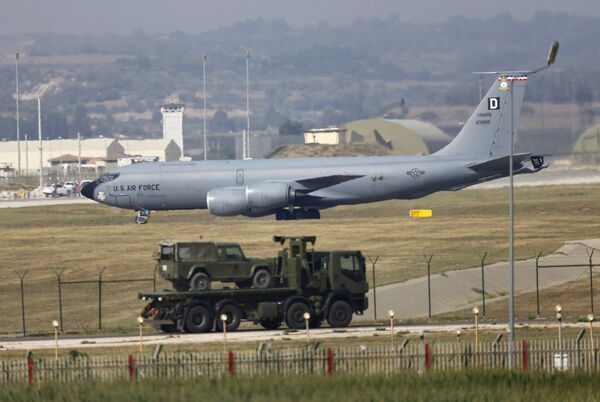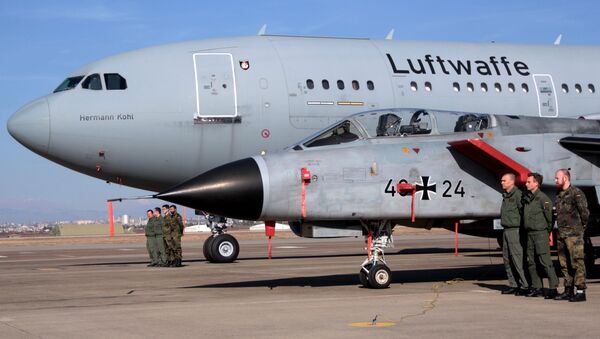Turkey was slated to hold the next summit, due 2018, in Istanbul, but — according to German newspaper Die Welt — Germany, France, the Netherlands and Denmark have all put pressure on other members to hold the summit elsewhere because of increasing tensions between Europe and Ankara.
"We do not want to enhance Turkey's international credentials and we want to avoid the impression that NATO supports the Turkish government's internal policy," high-ranking NATO diplomats said, according to Die Welt.
Turkey has been heavily criticized for its government crackdown on opposition supporters and journalists — especially in the wake of the failed coup, July 2016, which Turkish President Recep Tayyip Erdogan blames on the exiled cleric, Fethullah Gulen.
Since the coup, thousands of alleged Gulen supporters — including academics, police, military and judiciary officials — have been detained. In particular, dozens of journalists — including German-Turkish journalist Deniz Yucel, who works for Die Welt — have also been detained.
Presidential Power Grab
Erdogan caused a further rift with European countries by holding a referendum, April 16, which resulted in the abolition of the office of prime minister and extending the powers of the presidency, including giving him powers to appoint members of the judiciary, which many critics — at home and abroad — saw as a power grab by Erdogan.
Turkey has been a member of the alliance since 1952 and NATO relies strongly on its military, as well as airbases — particularly Incirlik. In southern Turkey, which has a massive NATO presence and is critical to Middle East operations.

A group of German politicians have been trying for months to gain access to the German military staff based at the Turkish airbase in southern Turkey, but have been refused by Ankara in response to a German parliamentary resolution declaring the 1915 massacre of Armenians by Ottoman forces "genocide", which Turkey denies.



